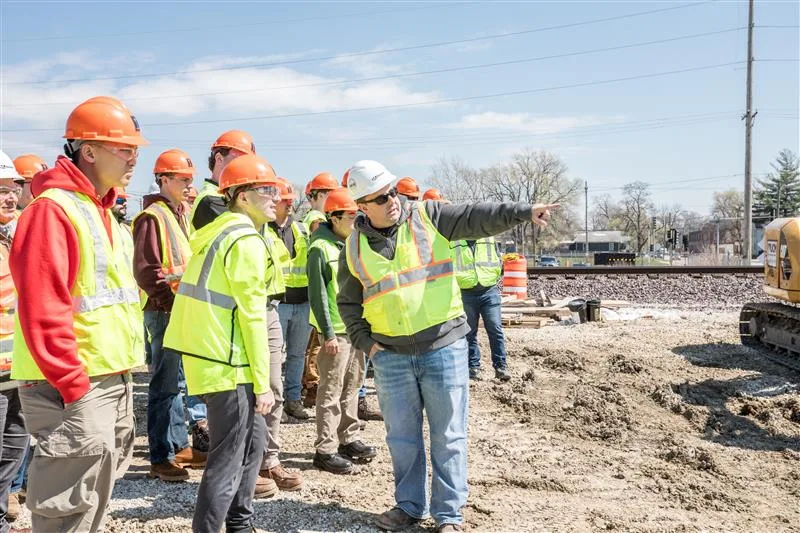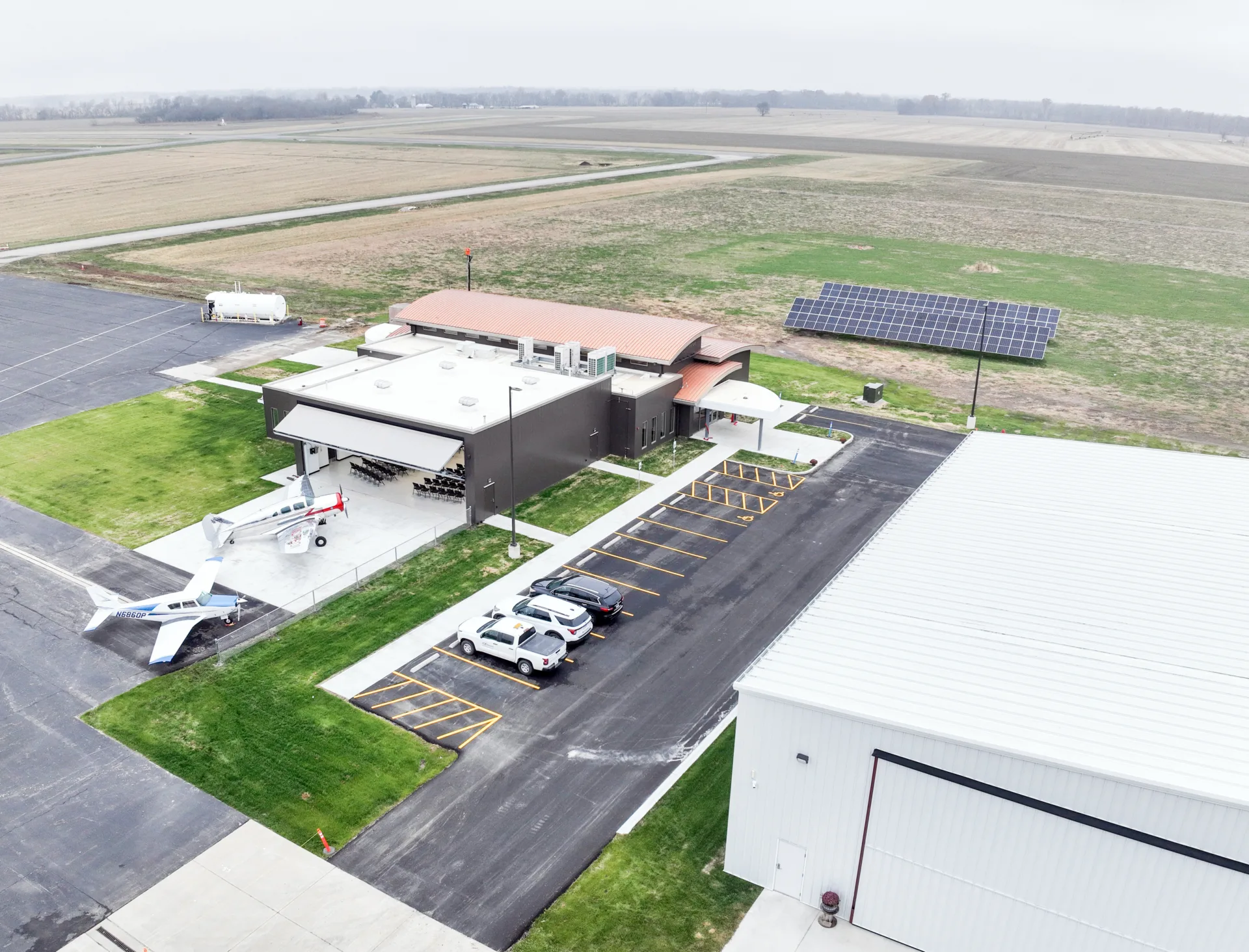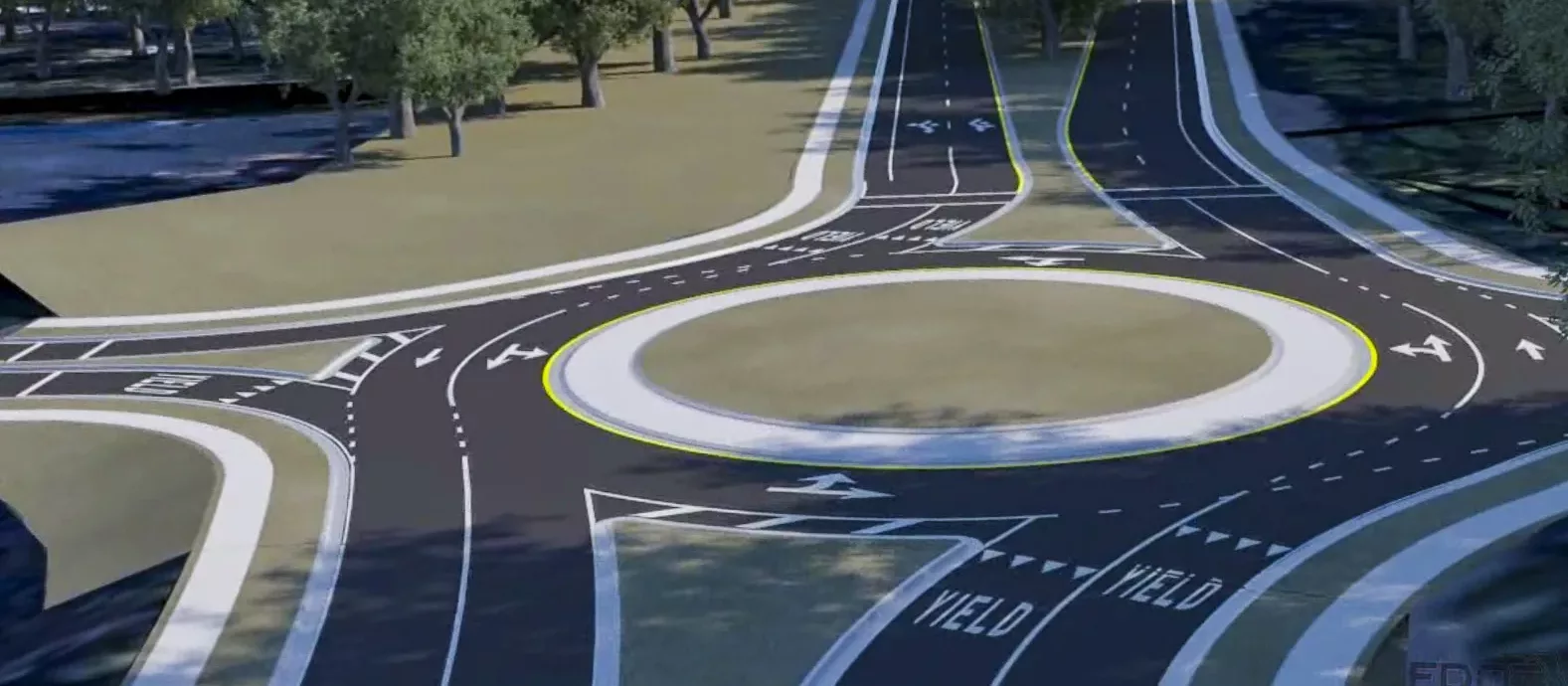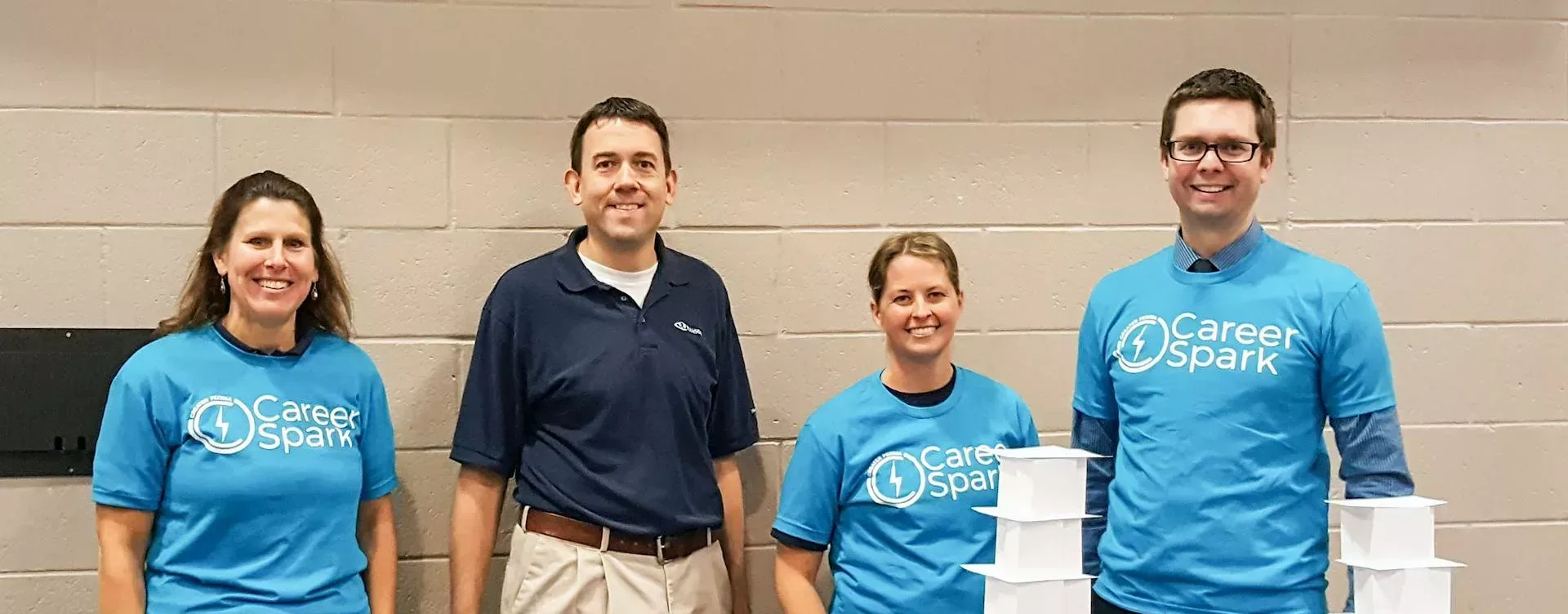Developing deep and meaningful connections within and beyond Hanson has been a career highlight for Resident Construction Engineer Hannah O’Brien, who joined Hanson full time in June 2020 after spending two years as an intern during breaks from attending her alma mater, Bradley University in Peoria, Illinois.
During her time working on aviation projects alongside her Hanson colleagues, Hannah has found engineering to be a varied and dynamic field with a plethora of opportunities for young people looking to make a meaningful impact on the world. To encourage young people who are considering engineering as a career, Hannah shares her reasons for loving her job:
Engineers help shape the future
“One of the most significant advantages of a career in engineering is job security. Engineers are in high demand across various industries, and this demand is only expected to grow in the coming years. The world relies on engineers to innovate, design and maintain critical infrastructure and technologies.
“Civil engineering is a field with robust job prospects. With aging infrastructure and the need for sustainable development, civil engineers play a vital role in shaping the future.”
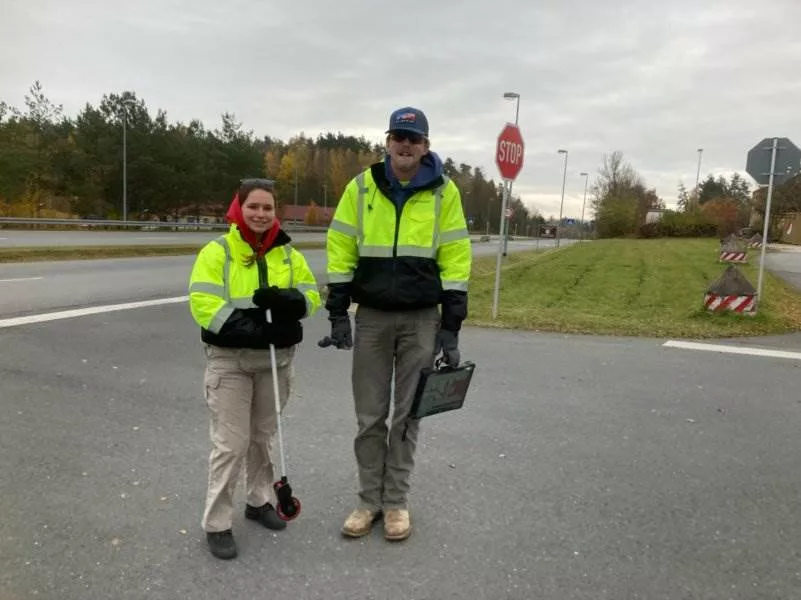
You can make a tangible difference
“Engineers have the unique opportunity to make a visible difference in the world by creating tangible structures such as bridges, buildings, roadways and airports, to name a few. These projects enhance the quality of life for communities and leave a legacy.
“What captivates me about aviation engineering, specifically, is the inherent variety and relatively smaller scale of the projects. This dynamism keeps work fresh and intriguing.”
You can create an invisible impact
“Engineering is not just about what’s visible. Engineers also work on projects that make invisible but crucial differences in our lives. Underground utility and storm sewer systems prevent flooding and ensure efficient water management, pavement and structure design makes airports and roads safer and more durable, and sustainable energy solutions reduce environmental impact. These behind-the-scenes contributions are essential for modern life.”
Problem-solving and improving communities is just part of the job
“Engineering is a rewarding career that revolves around solving complex problems. Engineers tackle real-world challenges, from designing eco-friendly buildings to developing life-saving medical devices.
“By addressing these challenges, engineers directly impact their communities and the world at large. They improve the quality of life, enhance safety and contribute to environmental sustainability.
“One project that holds a special place in my heart is the very first one I tackled from start to finish during my internship. It involved the use of AutoCAD Civil3D to create comprehensive plan sheets and draft an engineering report, all in the context of rehabilitating the taxiway connectors at Marshall County Airport (in Lacon, Illinois).”
Math and science skills matter, but critical thinking is key
“While math and science skills are beneficial in engineering, not many disciplines require advanced calculus expertise. Advancements in technology have made complex calculations more accessible.
“Critical thinking and problem-solving are valuable skills that allow engineers to analyze situations, identify issues and develop creative solutions.
“Being capable of learning and using software tools such as AutoCAD, MicroStation, ArcGIS and Revit is often more important than being a math genius.
“From job security to the opportunity to create a visible and invisible impact on society, choosing a career in engineering offers many advantages. Young people interested in solving real-world problems, contributing to their communities and using technology to innovate will find engineering a rewarding and fulfilling path.”
Hannah O’Brien, P.E., is a resident construction engineer who can be reached at hobrien@hanson-inc.com.

